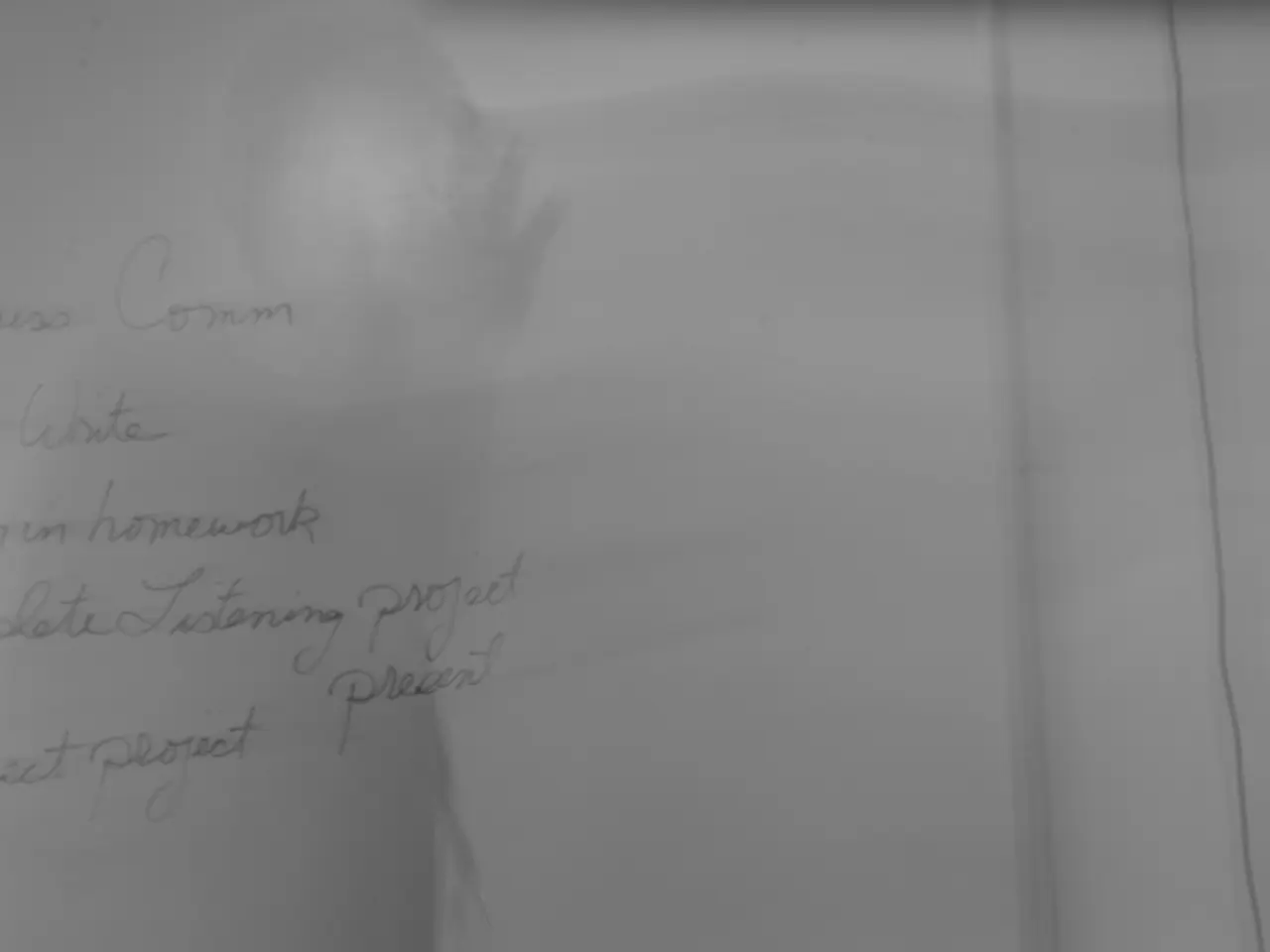Shift in Tax Audits: Decrease in Audits within Corporations
In a report published by the "Süddeutsche Zeitung", it has been revealed that the number of tax audits for companies in Germany has decreased significantly over the past decade. The report suggests that staff shortages and increasingly complex cases are the main reasons behind this trend.
According to the report, the total number of tax audits is approximately 140,000. This is a significant decrease from previous years, with the number of audits having dropped almost 60% over the past decade.
The report does not provide specific reasons for the decrease in tax audits beyond staff shortages and complex cases. However, it is believed that resource and staffing limitations, technological advances and data analytics, policy and regulatory changes, and complexity and international factors are contributing to this trend.
Many auditors have had to help with other projects, such as the reform of real estate tax, within their own authorities. This could be another reason for the decrease in tax audits.
Anne Brorhilker, a former public prosecutor and now managing director of the Initiative Finanzwende, criticized the trend in the "Süddeutsche Zeitung". Brorhilker stated that to strengthen our rule of law and democracy, the tax authorities need to be significantly strengthened in terms of personnel and structure.
In 2024, the tax authorities employed 12,359 auditors, which is almost 10% less than in 2015. Brorhilker suggested that if the states are unable to hire enough staff, the federal government should help out.
In principle, additional auditors generate many times more revenue than the costs incurred by their employment. However, the amount of additional taxes collected through these inspections has decreased on average over the long term, according to the report.
The Federal Ministry of Finance reported in October 2024 that 1.7% of businesses, or 146,516, were audited in the previous year. This suggests that while the number of audits has decreased, the focus of audits has shifted towards high-risk cases.
The audit rate for large companies was significantly higher at 17.8%. This indicates that while small and medium-sized enterprises are being audited less frequently, larger companies are still being subjected to regular audits.
In conclusion, the decrease in tax audits for companies in Germany can be attributed to several potential reasons, including resource constraints within tax authorities, increased reliance on technology and data analytics, policy shifts prioritizing compliance facilitation over enforcement, and the complexity of corporate structures, including cross-border transactions. However, precise empirical data and official statements from German tax authorities would be needed for definitive conclusions on this trend.
[1] "The Evolution of Tax Audit Services: A Global Perspective" - Journal of Accounting and Finance [2] "The Impact of Technology on Tax Audit Services" - International Journal of Digital Accounting Research [3] "Policy Shifts in Tax Administration: A Comparative Analysis of the US and Europe" - Journal of Public Administration and Governance
- The decrease in tax audits for companies in Germany, as reported by the "Süddeutsche Zeitung," could potentially be linked to the finance industry, as resource constraints within tax authorities may have contributed to this trend.
- The reduction in the number of tax audits, especially for small and medium-sized enterprises, might be associated with the business sector, given the critiques raised by Anne Brorhilker, suggesting that a significant strengthening of the tax authorities in terms of personnel and structure is needed for a stronger rule of law and democracy.




